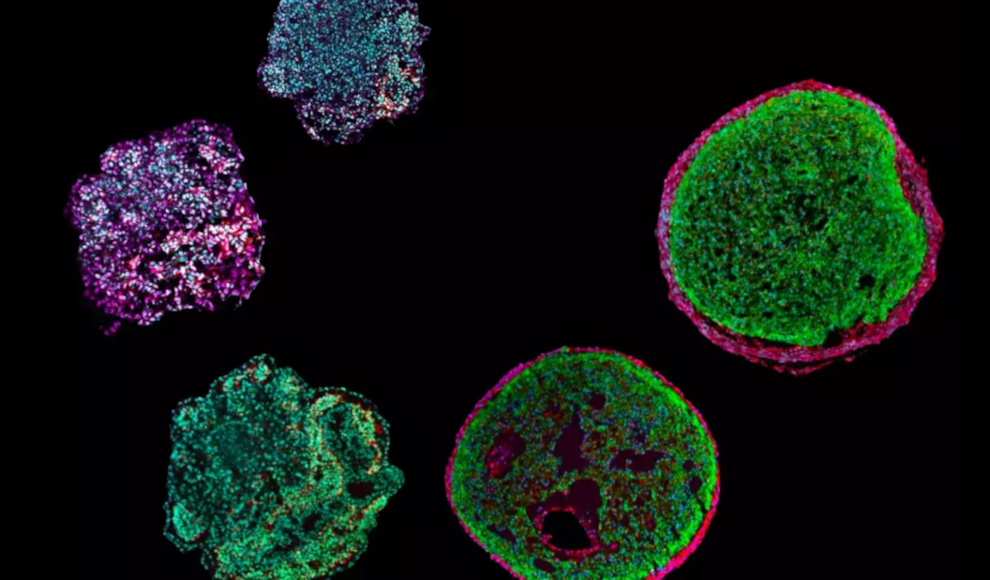A groundbreaking development in the field of regenerative medicine has been made by researchers at the Technical University of Munich (TUM). They have successfully created a miniaturized heart tissue, or organoid, from pluripotent stem cells. The organoid, which is about 0.5 millimeters in diameter, is not capable of pumping blood, but it can contract like human heart chambers. The researchers hope that this breakthrough will help them better understand the first phase of heart development and enable them to study heart diseases more effectively.
The development of the human heart begins approximately 21 days after conception, a phase that often goes unnoticed as many pregnancies are not yet detected at this stage. This contributes to the limited knowledge about the details of heart formation. Additionally, animal experiments can only be extrapolated to humans to a limited extent. The organoid developed by the TUM research group, led by Prof. Dr. Alessandra Moretti, has the potential to make significant progress in the study of this topic.
The researchers have successfully generated heart muscle cells (cardiomyocytes) and cells of the outer heart wall layer (epicard) in an organoid, which they call epicardioids. This is the first time that such a feat has been achieved. The researchers believe that the epicard cells are crucial to understanding heart development, as they give rise to other cell types in the heart, such as connective tissue and blood vessel cells. The epicard also plays a very important role in the formation of the heart chambers. The researchers hope that their findings will lead to the development of innovative therapies for heart attacks and other cardiovascular diseases.










